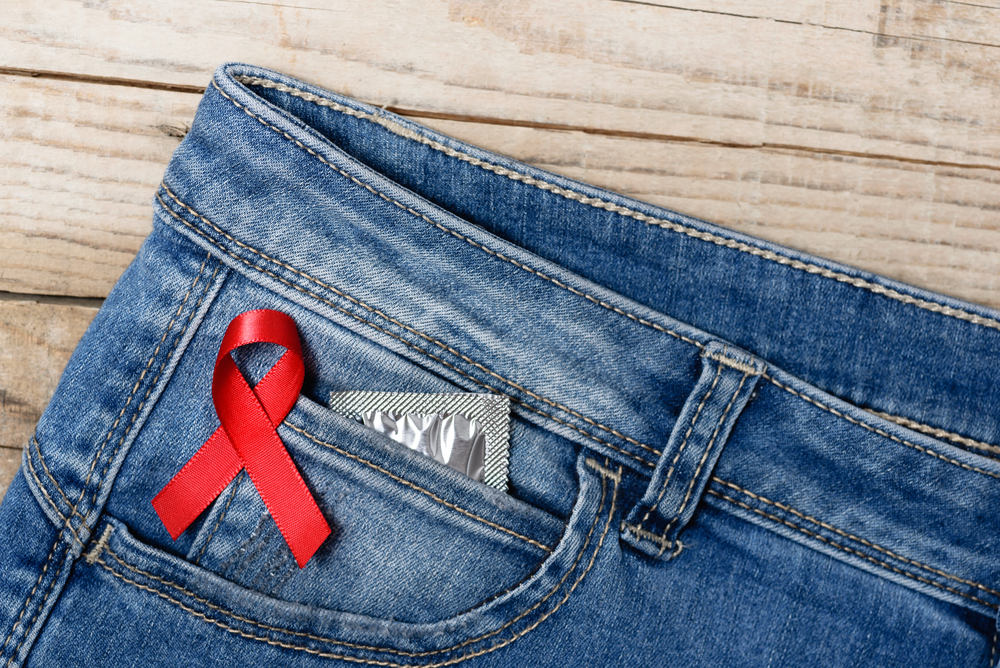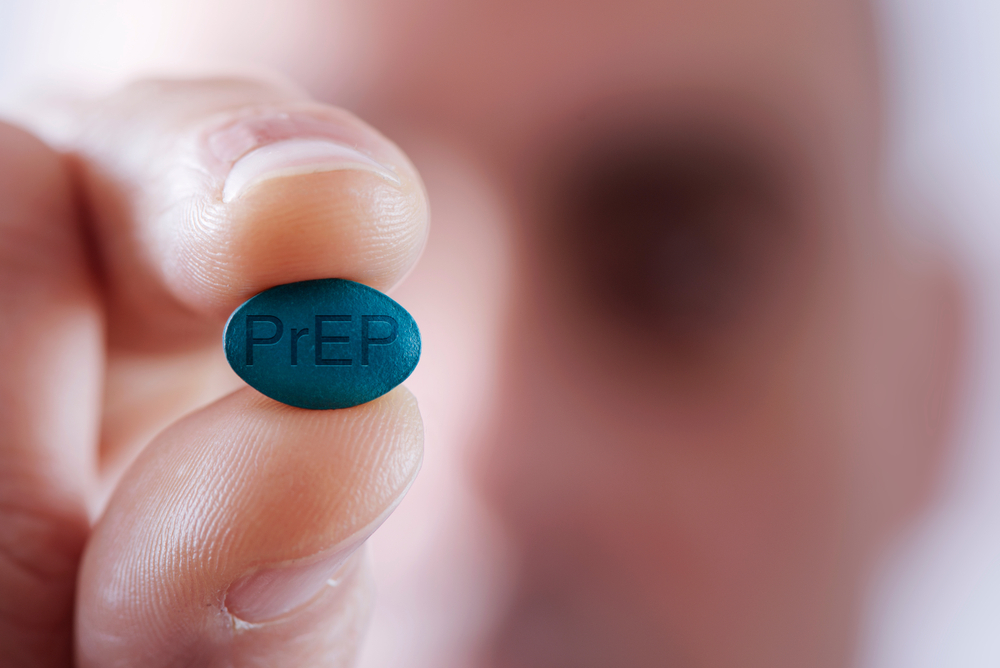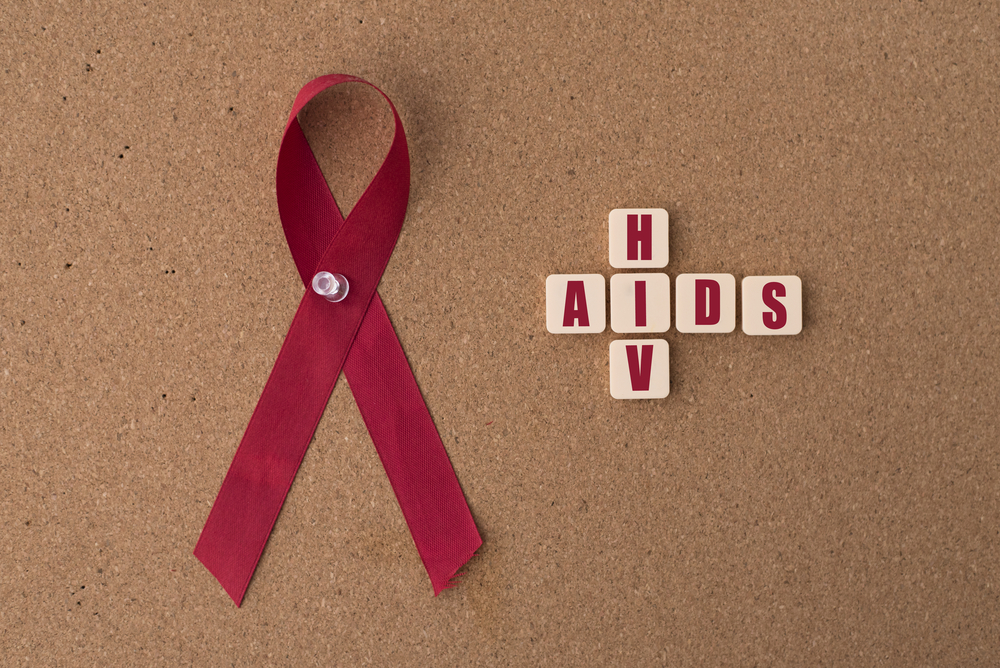Caused by a virus, HIV, or the Human Immunodeficiency Virus is one of the most notorious sexually transmitted diseases around. It brings great harm to the immune system by reducing the amount of T cells or CD4 cells in the body, leaving a person unable to ward off dangerous infections and diseases. If not diagnosed and treated as soon as possible, it can annihilate so many of these important cells, and turn your body into a big mess.
A Look At The Different Stages Of HIV
If you get infected by the virus and fail to receive the appropriate treatment, you will go through the three different stages of the infection.
First stage
The first stage of HIV is known as acute HIV infection. It kicks in as soon as the virus gets into your body. During this period, you will manifest a number of signs and symptoms that may seem mild and not very hazardous.
About 2 to 4 weeks into the infection, you may feel like you have the flu. There may be nausea, fever, appetite loss, vomiting, and other common flu symptoms that may persist for some weeks. These are triggered by your body’s natural instinct against foreign invaders. And, once they are gone, you will feel like your old, healthy self again, like nothing ever happened.
In addition, at this point, the virus has found its way in your bloodstream, making you contagious. So, if you engage in sexual intercourse with others, you are likely to pass on the disease to them.
Second stage
The second stage of HIV is called chronic HIV infection or asymptomatic HIV infection. It starts shortly after the first stage ends, when all the initial signs and symptoms have disappeared.

If you are not properly diagnosed nor receiving any treatment, this phase can last for ten years or more. It is also still a highly contagious time, so partaking in unprotected sex can transmit the virus to others. And, towards the end of this stage, your CD4 cells continue to decrease as your viral load goes up.
On the other hand, if you have been diagnosed with HIV by your doctor and are receiving treatment for it, you may remain at this phase for a long time, probably several decades. And, because you are being treated, your virus level is at a low. However, you are still contagious and can transmit the virus to others if you have sex with them, though less likely than if you are not getting any treatment.
Third stage
The third stage of HIV is the Acquired Immunodeficiency Syndrome, or AIDS. It is the final phase of the disease, and is the most severe. If you do not get treatment for your HIV infection right away, you are at risk of reaching this point. You will have a horribly damaged immune system, which has now become completely helpless against opportunistic diseases and illnesses.
If you have AIDS and continue to neglect treatment, you can survive for about 3 more years. You will experience a variety of signs and symptoms, such as weight loss, weakness, inflamed lymph glands, chills sweats, and fever.
Because your CD4 cell count is now below 200 cells per millimeter, your chances of contracting opportunistic illnesses are extremely high. Your viral load is also at a high level, and you are very contagious. Having sex will also put your sex partner at risk of the infection.
How To Know If You Have The HIV Infection
The best and most precise way of determining if you have the HIV infection is by getting an HIV test. Even though HIV does sometimes trigger noticeable signs and symptoms, you should not wait for those to appear before you start doing something.
Relying on HIV’s common flu-like symptoms, such as sore throat, fatigue, fever, rash, chills, swollen lymph nodes, mouth ulcers, night sweats, and muscle aches to appear to determine if you have HIV is not advised, as many people who get infected do not display these warning signs at all. In addition, these symptoms may not be that of HIV but of some other illness that is completely different and caused by another pathogen or microorganism.
For the sake of you overall health and wellbeing, you have to go see a medical professional and undergo a proper HIV testing procedure. The earlier the infection is detected, the sooner you can receive treatment.
Healthy Practices To Help You Live With HIV
In the United States alone, about 1.1 million people are living with HIV. And, thanks to ease of accessibility and availability of treatments, those with the infection can still enjoy a long, normal, and happy life.
If you have been diagnosed with HIV, you should be ready to start making smarter choices regarding your day-to-day routine.

- Take your medications
- It is important that you strictly follow doctor’s orders when it comes to taking your medications. You should make sure to do what the treatment schedule indicates to effectively manage your viral load. With proper HIV treatment, you can minimize the negative impact of the virus to your immune system, and be able to handle your daily responsibilities as usual.
- Be honest to your sex partner(s)
- Telling your sex partner(s) about your HIV status is necessary for their safety. Even if you are getting treatment for your HIV, you should still be honest to them so that they can decide for themselves how to proceed with your relationship.
- Talk to your doctor
- You should not hesitate to communicate with your doctor. Inform them about any changes that you feel in your body. A good line of communication makes it easier for them to help you and take action if the need arises.
- Find a strong support system
- Living with HIV can take a toll on your mental and emotional health. Thus, you should be open to support not only provided by your family and friends, but also by social service and health care providers or your local HIV community support group.







